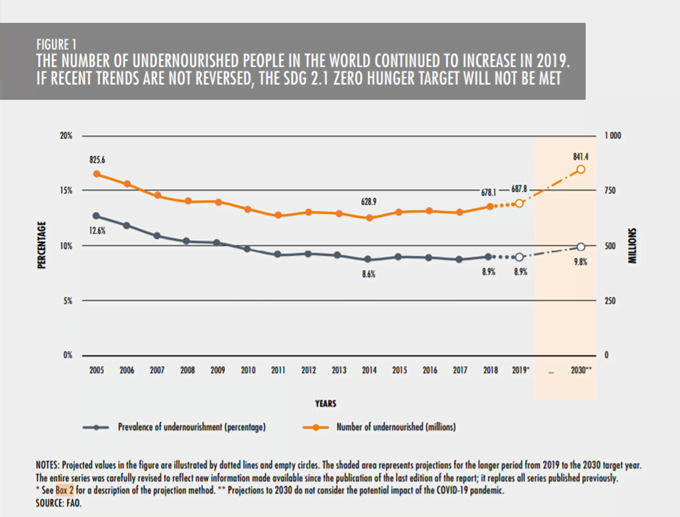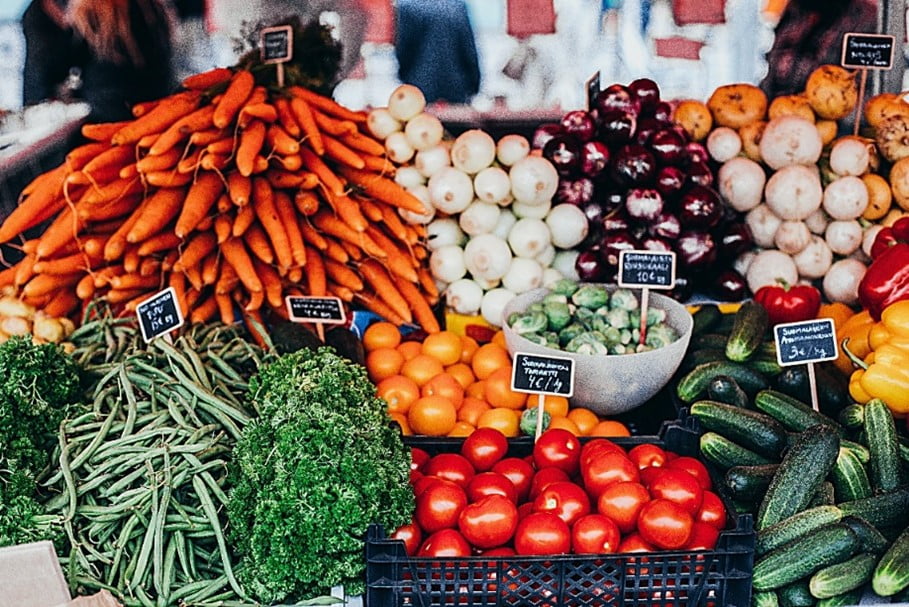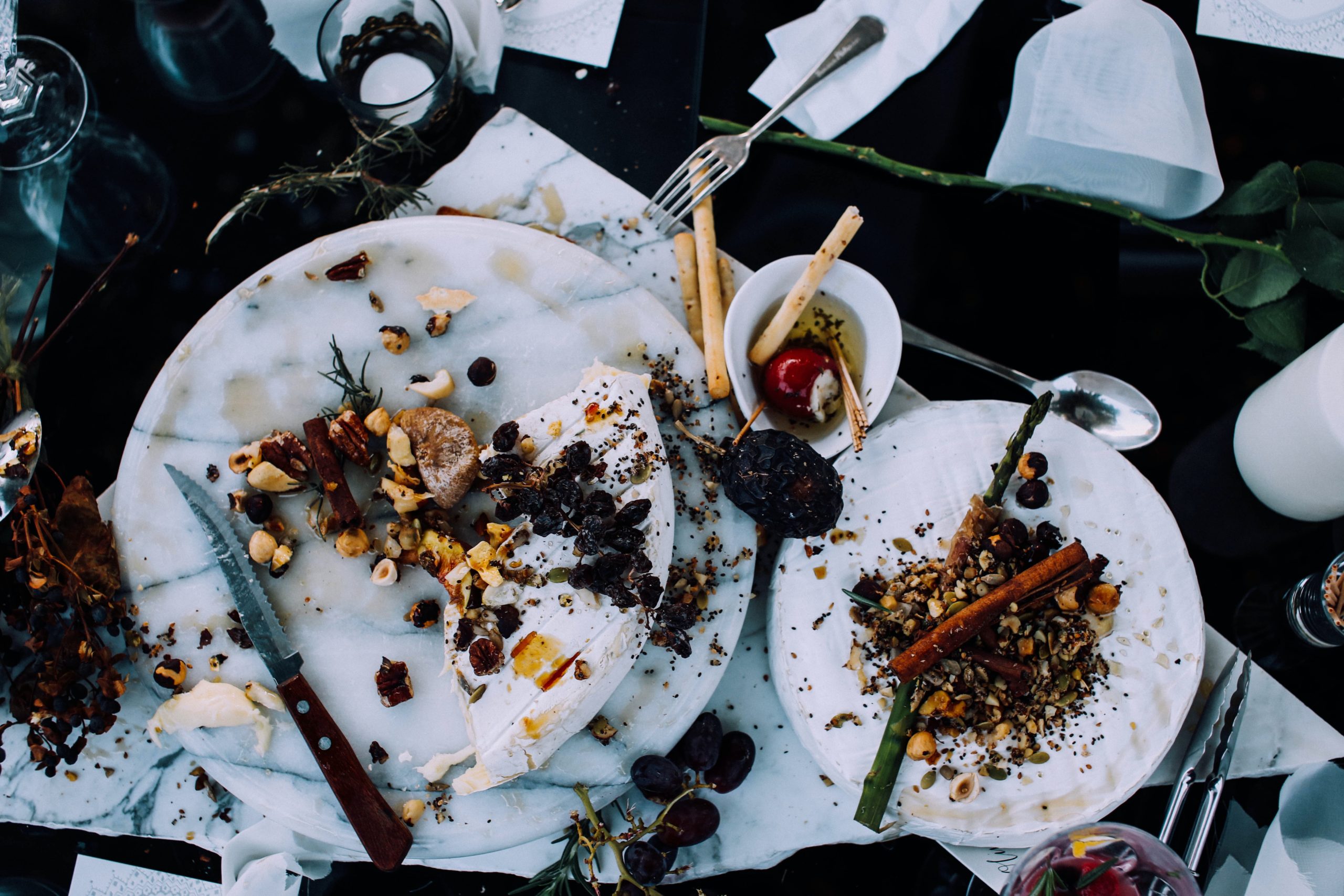Food is something we all share in the world. It unites us, brings us all together, differentiates us and makes us unique… But food waste… Buff!
It gives us flavours and aromas, experiences that become memories. Oh, and not least, it allows us to live. It is our fuel, our source of energy. It always has been, and it is part of our evolution and that of our brains
Has the time come to re-think our deepest consumer habits?
Food is our sustenance for life and development, but are we giving it the attention it deserves? Have we ever thought about the processes behind what we eat, where it comes from, or what is involved in throwing food away?
It would be important to do so. In 2019, 17% of all available food for human consumption was thrown away, according to the UN Environment Programme’s (UNEP) Food Waste Index Report 2021.
Around 931 million tonnes, 61% of which came from households, 26% from food service and 13% from retail.
Leftovers vs. Hunger
Something doesn’t sound right. How is throwing food away possible in a world where 690 million people were undernourished in 2019? According to the Food and Agriculture Organization of the United Nations (see the graphic below), this situation represents 8.9% of the global population. In addition, we are talking about the same world where about 21–37% of total greenhouse gas (GHG) emissions are attributable to the food system (Intergovernmental Panel on Climate Change).

We depend on food, but we don’t respect it as such, though.
We know that throwing food away is wrong. But how many of us take measures to avoid it? Just think if in the last few weeks you or a family member have thrown away those leftover food that went bad, or that were forgotten at the bottom of the fridge. There is probably a knock-on effect since this is happening in your neighbour’s house, and at your neighbour’s neighbour’s.
The path of that food started steps back, and probably involved resources and people to end up on our plate. Becoming more aware of these steps allows us to understand more and more what we eat and all that it entails.
Now, how could we start to reverse this situation? Here are some tips (seven!) on how to re-connect with food.
Try This…
…Organize Your Meals. Invest Time
Before you go shopping, write down what you need. Take your time. You can even do it on your cell phone to avoid using paper.
Also calculate how many people are going to eat. Think in advance of everything you want.
In case you have organic leftovers in bad shape, compost everything that remains. This is a great way to give nutrients back to the soil and reduce your carbon footprint.
…Support Your Local Farmers
There is nothing better than going back to your roots and buying food that is harvested in your community.
If you buy local, you help families and small producers who respect your food much more than the big supermarket chains.
This will not only allow you to eat produce grown without synthetic fertilisers and pesticides but will also promote a circular economy where you live. A win-win for everyone.
Supporting and knowing our local producers is creating a healthy balance, with less emissions and less waste generated. You can find your local markets on the web, such as Mercalisto or Marktgilde.

…Don’t forget about leftovers
You can get creative with leftovers to create new dishes. Think of new combinations with leftovers from different days to avoid repeating meals. Stimulate your imagination, find your inner cook. Discover these leftovers recipe tips at Love Food Hate Waste.
In addition, you can go to stores or shop online at stores like Sirplus, who save and sell surplus food that is close to or past its best-before date (MHD) or does not meet the standards.
…Use Your Fridge and Freezer Wisely
Organize your refrigerator in such a way that the oldest products are at the front and the new ones at the back. This way, you won’t forget those products that get forgotten and go bad before you can use them.
If you bought too much and you know you are not going to use it immediately, just put it in the freezer. Do it at the beginning, before they get forgotten in the fridge.
Clean your vegetables as soon as you buy them, try to dry them and store them. If you have Tupperware® or other storage boxes, store them there so that they last longer in the fridge, to prevent them from getting loose and going bad fast (if you usually buy lettuce you know what we mean).
To close this chapter, if you have fruits that are going bad, you can also freeze them to make smoothies or juices, for example with bananas.
…Don’t Judge Food
Sadly, beauty standards also apply to food. Don’t throw away fruits and vegetables that have different shapes than usual. Don’t judge them by their appearance, they taste just as good as the usual ones! And as this FAO article says, “beauty (and taste!) are on the inside”. Remember that!
Look how even a large French supermarket chain launched this campaign a few years ago.
…Save Food, Help People
You can also contribute to donate food to local NGOs or help them with a monthly donation. Websites like Tafel in Germany provide information about more than 900 food donation and distribution points for people in need. Check it out!
…Grow Your Own Food
Have you ever tasted own grown food? Did you notice the difference in taste with products bought at the supermarket? Well, in addition to its nutritional qualities, building your own garden is an excellent option to rebuild your eating habits at home.
Besides, if you have children, there is no better activity than planting or harvesting with them! If you don’t know how to build your first vegetable garden, just type “How to start a vegetable garden” in YouTube and let yourself be surprised. Let’s harvest!
So the next time you have a plate in front of you, remember: it’s not just food, it’s a privilege.
Sources
- Intergovernmental Panel on Climate Change
- RESET
- The Food and Agriculture Organization (FAO)
- The State of Food Security and Nutrition in the World (SOFI) Report 2020
- UNEP Food Waste Index Report 2021





I totally agree! Food waste is a major problem, but organizing meals can help. Lets do it! 🍽️🌍 #NoMoreWaste
Comment: I totally agree with the article! Lets unite through food and fight against hunger together!
Food waste is a serious problem, but lets not forget the joy of leftovers and creative recipes!
I get it, supporting local restaurants is important. But trust me, investing a little time in organizing meals can save you money, give you control over what you eat, and even be fun. Plus, its a great way to bond with loved ones over a home-cooked meal. Give it a shot!
Who needs meal planning when you can just eat leftovers and save the planet? #LazyButEcoFriendly
Food is meant to be enjoyed, not wasted. Lets get creative with leftovers and fight hunger together!
Hey, I get it. Food waste is bad. But can we also address hangry people? #LeftoversVsHunger
Food waste is a global issue, but can we really solve it by organizing our meals? 🤔
Food waste is definitely not an option! Lets get creative with leftovers and fight hunger together. 🌍🍽️